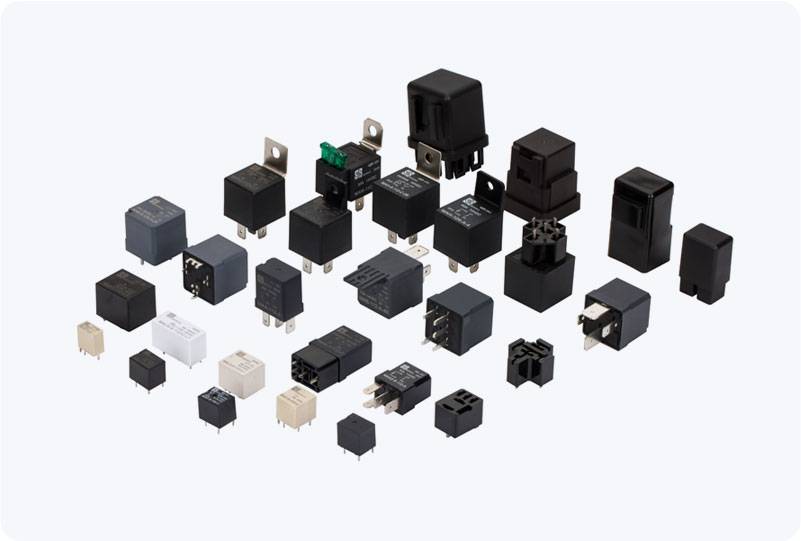understanding ieee standards for industrial relays: ensuring reliability and safety in electrical systems
Release time:2025-08-29 16:11:49
Industrial relays play a pivotal role in ensuring the safe and reliable operation of electrical systems, protecting critical equipment such as motors, transformers, and circuit breakers. To guarantee their effectiveness, relays must meet stringent standards that define their performance, safety, and operational reliability under various conditions. The IEEE (Institute of Electrical and Electronics Engineers) has established a series of standards specifically for industrial relays, focusing on their design, testing, and application in power systems. These standards are essential to prevent equipment damage, enhance system stability, and improve the overall safety of electrical infrastructure.

The Role of IEEE Standards for Industrial Relays
Relays are designed to detect electrical faults and initiate corrective actions, such as tripping a circuit breaker to isolate a faulty section of the system. These protective devices are critical in preventing damage to electrical equipment and reducing downtime in industrial operations. The IEEE standards for industrial relays ensure that these devices are capable of performing reliably in demanding environments, including situations involving electrical surges, electromagnetic interference, and fast transients.
Key IEEE Standards for Industrial Relays

